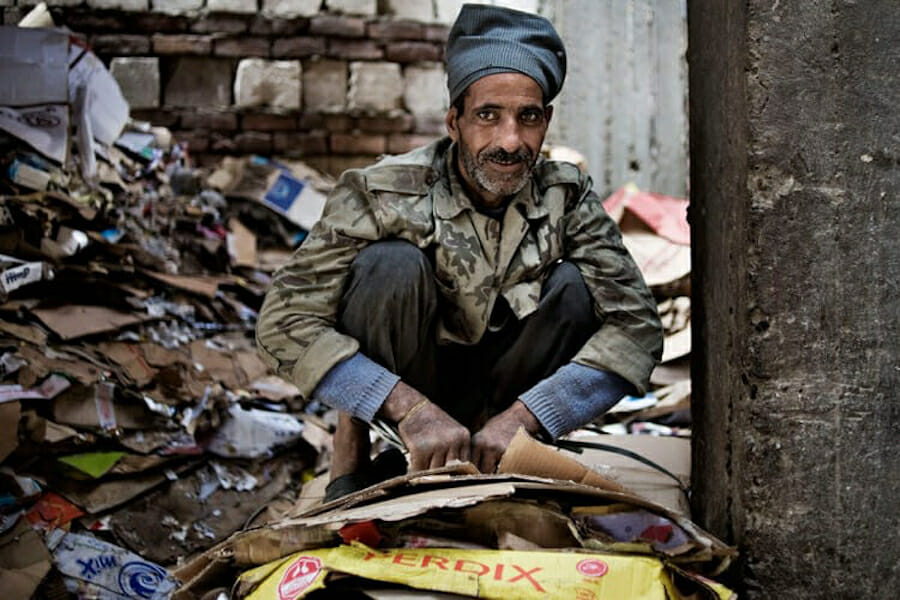
Tech
Poverty in Egypt: The Case for Tech
Technology was at the heart of the Arab Spring. In its aftermath in 2014, the Egyptian Government began to implement transformational reforms. In 2015-16, the annual rates of GDP growth reached 4.3%, while 1.4% of the population continued to live in poverty.
Interestingly, technology receives little attention in poverty alleviation polices or programs in Egypt. Traditionally, poverty has been viewed from the classical lens of the success or failure of direct macro-economic policies and programmes.
Put the political ramifications of technology aside and there is evidence on the positive role of tech-based poverty reduction programs in poverty reduction. Information Communication Technologies (ICTs) in particular, have the potential to address poverty by enhancing people’s access to health, education and financial services as is evidenced in an article by Victor Mulas.
Technology’s brighter side has surfaced in the aftermath of the revolution – as an interplay of start-ups, innovation and entrepreneurship steered towards national development. The fact may be attributed to the phenomenal rise in the average annual growth rate of the estimated internet users during (2011/2012–2015/2016) which translates into 16.10% and nearly 40% internet penetration. The graphic found here represents government statistics on internet accessibility.
Tech start-up culture. Cairo today ranks among the world’s best startup hubs. The idea of power in the hands of an individual, has had a domino effect in Cairo. The city of 7.8 million has seen the rise of new educated, young, and Internet-savy entrepreneurs. As one of the pioneering founders of Egypt’s IT sector, Alaa Agamawi inspires many young Egyptians.
Social innovation. Egypt’s innovators are geared towards sustainable business ventures. They turn their country’s complex societal challenges into profitable businesses. KarmSolar, a solar technology and integration company, delivers innovative solar solutions to agriculture and allied sectors. Similarly, Salem Massalha’s click funding campaign focused on the use of social media to bring attention to the issues of water, food and shelter to Egyptian families. His latest campaign with UNICEF Egypt on Facebook, generated more than 2 million views on video and financed 1,000 water connections in Upper Egypt.
Rise of social entrepreneurship. Entrepreneurship is on the rise. Organisations such as RISE and Misr El-Kheir (MEK) Foundation are focused on social impact and entrepreneurship aimed towards human development and ultimately, national development. The work of these organisations quantitatively and qualitatively supplements government efforts on the ground.
There is a call for keen observation on the role of technology in driving the agenda of poverty reduction in Egypt. In essence, a politically and socially stable Egypt will drive exits or investments. This is particularly important as foreign investment in Egyptian startups will be a key driver to national development.
